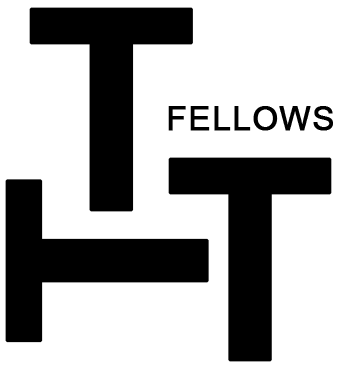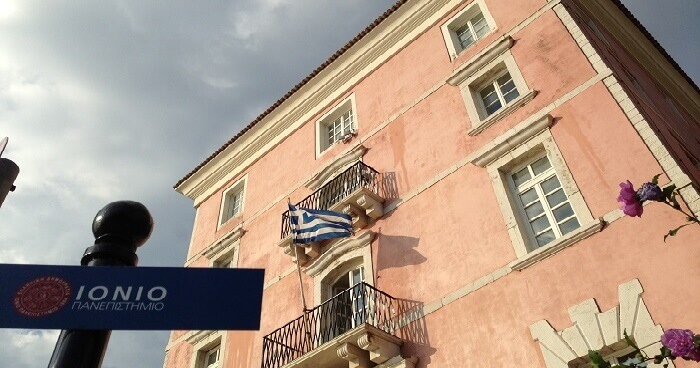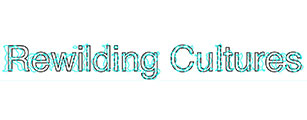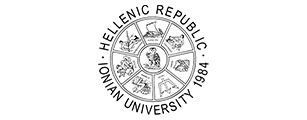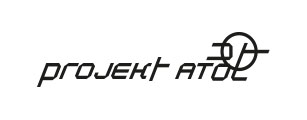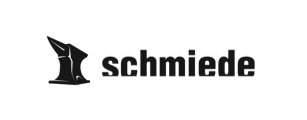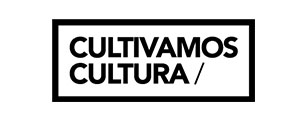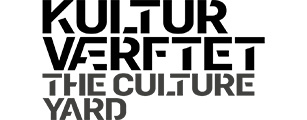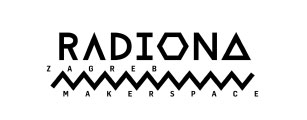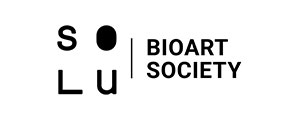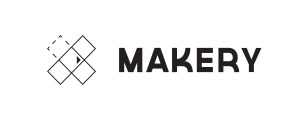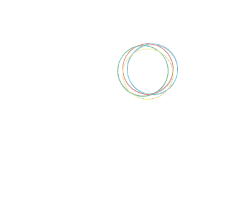TTT and the Ionian University
The international conference Taboo - Transgression - Transcendence in Art & Science (TTT) is an interdisciplinary and nomadic event, where both practitioners as well as theorists present and discuss the status of art-science and/or art & technology. TTT has been hosted in Greece (2016-2017), Mexico (2018), Austria-Online (2020) and will soon be hosted in Malta 27-29 September 2023, Malta Society of Arts, Valletta. Applications are still open HERE. The conference focuses (a) on questions about the nature of the forbidden and about the aesthetics of liminality, as expressed in art that uses or is inspired by technology and science, and (b) on the opening of spaces for creative transformation in the merging of science and art. Topics explored in the TTT Conferences include: Biopunk, hybridity and aesthetics of mutation; Cyborg, augmentation, and bοdy modification; Chemistry of the mind, natural healers, and mind enhancement; Biotechnology, DIY&DIWO, and biohacking; Ethology, human and nonhuman; hybridity, mutations & aesthetics, gene editing; transgressive identities & social models; human-like machines & "uncanny valley" theory, Food taboo, disgust, indigestible, Biopolitics, displacement & resistance, Biotechnology, DIYbio & biohacking; Rewilding, degradation and restoration; Evolution, genetics, and plasticity; Post-gender, transgressive identities, and social models; Human sexual response, laws of attraction, and queer eroticism; Parasitology, symbiosis, and microbiome; Biopolitics, displacement, and resistance; Pandemic, bioterror, and scientific trust; Witchcraft, gender narrative, and history of science; Rewilding, degradation and restoration.
Co-funded for the first time by the Ionian University and the European Union, TTT2023 Malta is being organized within the framework of the project Rewilding Cultures (2022 – 2025) by the Feral Labs Network under the Creative Europe Programme of the European Union. Thanks to this project, TTT is extending its activities beyond the conference, to include a series of workshops (TTTlabs) and residencies (TTTfellows). The project is coordinated by Projekt Atol (SI) with partners Makery (FR), Catch (DK), Schmiede (AT), Bioart Society (FI), Cultivamos Cultura (PT), Ionian University (GR) and Radiona (HR).
The Ionian University is the coordinator partner of Feral Knowledge within Rewilding Cultures. The university, founded in 1984, has seven departments spread in the urban complex of Corfu and, since 2018, five departments in the islands Lefkada, Kefalonia and Zakynthos.The Ionian University, despite its quantitative dimension but also thanks to its qualitative elasticity in adaptability and fast flow of experimental ideas, has traditionally been in Greece the initiator of less represented fields of knowledge. The Ionian University joined the Feral Labs Network in 2021 through the initiator of TTT, faculty member Dalila Honorato, and collaborating artist Adam Zaretsky. With other members of the Interactive Arts Lab of the Department of Audio & Visual Arts of the Ionian University they are the force behind the coordination of the activities proposed in this program including one conference, three labs, three fellowships and the edition of two books TTT2023 Proceedings and Feral NodeBook #3.
Rewilding Culture and the Feral Labs Network
Focused on peer2peer learning and prototyping, Feral Labs Network events are organized into labs or workshops based on curiosity based Research. The Creative and Temporary learning communities work in a co-creation atmosphere of learning-through-doing in the fields of art, technology and communities. Non-hierarchical peer-to-peer learning-while-doing activities allow for making and creation as an organic process. Open source technologies, applied education and informal medical and scientific training are mixed with access to cutting edge technologies while promoting an open, shared network of communications and data, without costly overhead, advanced sustainability, development of culture, traditional knowledge with novel advances in science, technology, art and education. citizen science and environmental studies, DIY electronics, collaborating together in a creative working environment of social and communal experimentation.
No required research outcomes are required so process based information and practices can readily flow. Temporary Creative Hubs allow for freedom to experiment. Intensive research, development, sharing and presentations ferment from within these assemblies. The semi-unstructured communities help form long-lasting creative and social bonds between the participants that transcend the duration of the events.
What these events have in common, is their deliberate setting in remote environments, away from the usual urban set-up of contemporary creative hubs, which enables them to focus on process-based activities like peer learning, field work, playful research and collaboration, instead on presentation of finished artworks. The communal isolation; relative remoteness, (soft lock-in) helps participants break away from their everyday processes, insulated from creators’ everyday life. Events do not take place in urban environments or at existing artist-run spaces. A soft lock-in helps create and maintain focus. Feral Labs events are mini-worlds, where new ways of co-existing and co-creating come to life. Feral Labs use speculative futuring, experiential immersion and similar techniques to explore artistic imagination, for possible sustainable near-future societies and communities.
All three Feral pillars (Labs, Residencies and Knowledge) are not static entities, but rather as something that also needs constant development and innovation. Two cross-cutting topics of the project are 1) environmental sustainability and 2) inclusivity and accessibility and we see them as cornerstones of our future resilience and places of main innovation for our events and projects. Through them we will invest both into research efforts and into introduction of experimental, pilot and other exploratory measures, which have a viable potential of becoming a permanent practice across Europe and will help us make our work and formats more future-proof and offer a better deal both to the environment, participants and a democratic society.
